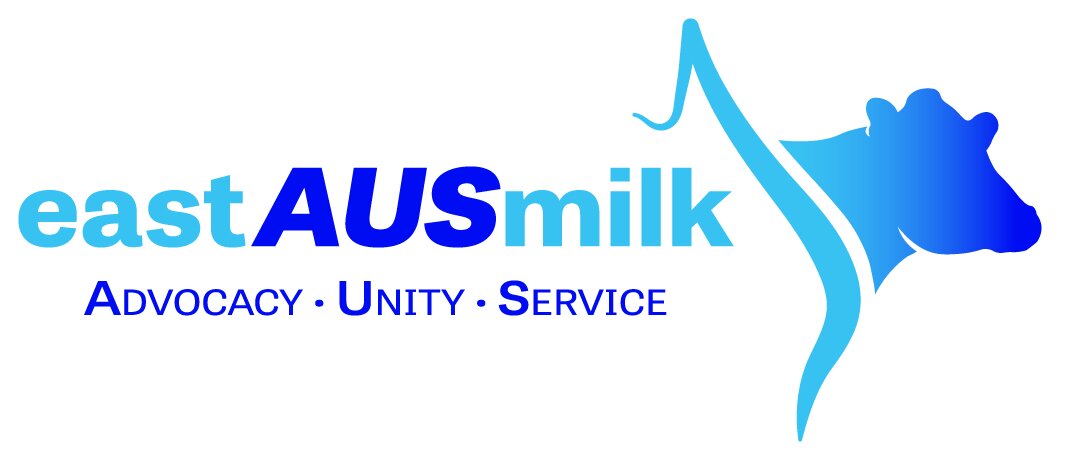Safeguard food security
IT IS time to consider food security in Australia and abroad.
War in Ukraine, inflation and rising costs of production and goods, floods and supply chain constraints make us ask an important question - are people able to access the food they need to live a healthy life?
During the coming months, the Australian House of Representatives Standing Committee on Agriculture will be seeking to answer this question in its Inquiry into Food Security.
On December 9, Australian Dairy Farmers (ADF) made a comprehensive submission highlighting the important role dairy plays in food consumption.
The submission identifies various actions to ensure this continues long into the future.
Food security: the challenge in a growing world
Feeding a world population of more than nine billion people in 2050 will require raising overall food production by some 70 per cent between 2005 and 2050.
In its own right this is a significant challenge.
Yet when we consider the United Nations definition of food security, we are not just talking about the volume of food consumed, but whether that volume is consistent with nutritional requirements.
Growing dairy and agriculture is the only way the global food security challenge can be met.
Strong dairy and food security go hand-in-hand
ADF is concerned about the growth trajectory of the dairy industry.
Our sector has experienced declining milk volumes since deregulation in 2000.
This is due to a range of factors, including - but not limited to - a lack of productivity growth, a decline in export market share, social license challenges, changes in consumer preferences and production systems and climate change.
“Initiatives to increase the profitability and sustainability of the Australian dairy industry will improve food security in Australia and abroad” - Craig Hough
The Australian Dairy Plan and its supporting programs and initiatives is the industry's blueprint for addressing these challenges and making dairy more profitable and sustainable into the future.
The Australian Dietary Guidelines recommend consumption of at least two to three serves of dairy foods per person every day.
Unfortunately, Australians and the rest of the world are consuming much less than the recommended amount.
This is contributing to rising adverse health conditions like osteoporosis.
We often consider Australia as a food secure nation because we export about 70 per cent of agricultural production and import around 11pc of our food.
However, when applying the broader definition of food security - achieving dietary requirements, the nation falls short.
Actions to safeguard food security, sustainability
Our submission recommends government take action on the demand and supply sides of industry to help resolve our problem.
On the demand side, we suggest that adequate dairy servings are included in the mandatory dietary standards for aged care - which are being developed.
We also suggested the government support industry's initiatives to increase Australia's consumption of dairy foods more broadly.
Dairy Australia's Dairy Matters campaign, an initiative that delivers on a commitment in the Australian Dairy Plan, promotes dairy's contribution to jobs, regions and bone and nutritional health.
These types of initiatives are critical for helping people understand the importance of dairy to them and their family.
Our submission also called on the government to address the misuse of dairy terms on food labels and to deliver accurate and truthful product labelling for consumers.
We also want to see action to ensure domestic trade is free and fair.
This would include addressing the imbalance between dairy suppliers and retailers, which has seen retailers misuse their market power.
A move to strengthen the Competition and Consumer Act 2010 would strengthen food security.
Free and fair global trade in agricultural products would improve food security too.
So, a serious commitment by the government to reduce non-tariff barriers (NTB) via the G20 is needed to make this happen.
Reducing food loss and food waste is important to strengthening food security.
That is because about one-third of all the food produced for human consumption is wasted.
The Australian Dairy Products Federation (ADPF) and Dairy Australia are partnering with Stop Food Waste Australia to develop a Dairy Sector Food Waste Action Plan to reduce food waste across the dairy supply chain.
We would like the Australian government to co-fund its implementation with industry.
Our submission outlines ways the government can support an increase in dairy farm productivity while reducing greenhouse gas emissions and supplying climate adaptation measures.
Our industry also needs support to resolve labour shortages, secure water supply and maintaining a biosecurity system that is able to respond to the growing risks of pests and diseases trying to enter our shores.
All of these priorities will help Australia meet its global dairy food security challenge.
Source: Craig Hough - ADF, Farmonline National, 5 January 2023

